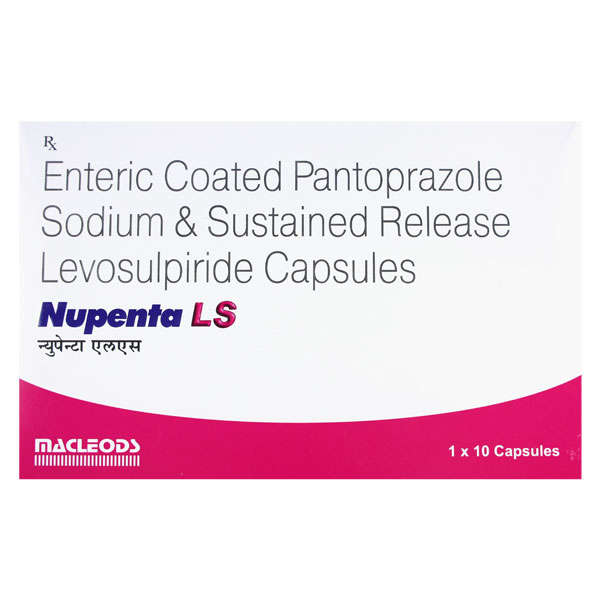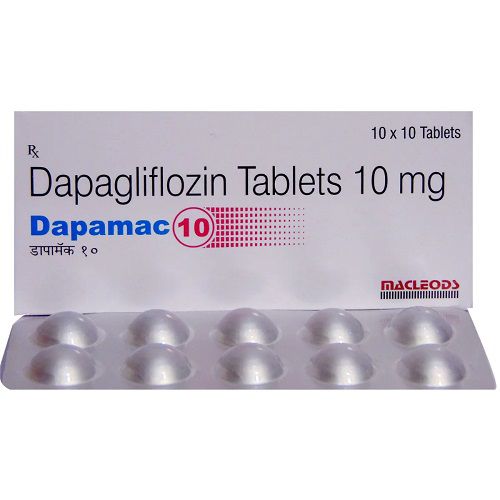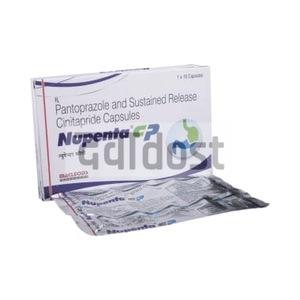kapocin
Introduction to Kapocin
Kapocin is a powerful antibiotic medication primarily used in the treatment of tuberculosis (TB) and other serious bacterial infections. As a second-line drug, it is often prescribed when first-line treatments are ineffective or when patients have developed resistance to other antibiotics. Available in injection form, Kapocin is administered under the guidance of healthcare professionals to ensure its efficacy and safety. It is crucial for patients to adhere to their prescribed treatment regimen to achieve the best possible outcomes. Kapocin plays a vital role in managing and controlling the spread of TB, contributing significantly to public health efforts worldwide.
Composition of Kapocin
The active ingredient in Kapocin is Capreomycin, which is present in a concentration of 1 gram per injection. Capreomycin is a potent antibiotic that works by inhibiting bacterial protein synthesis, thereby preventing the growth and multiplication of bacteria. This mechanism makes it particularly effective against Mycobacterium tuberculosis, the bacteria responsible for causing TB. By targeting the bacteria's ability to reproduce, Capreomycin helps to control the infection and reduce symptoms, ultimately aiding in the patient's recovery.
Uses for Kapocin
- Treatment of multidrug-resistant tuberculosis (MDR-TB)
- Management of extensively drug-resistant tuberculosis (XDR-TB)
- Used in combination with other antibiotics for enhanced efficacy
- Helps in controlling the spread of TB in public health settings
Side Effects of Kapocin
- Kidney toxicity
- Hearing loss or tinnitus
- Injection site reactions (pain, redness, swelling)
- Nausea and vomiting
- Electrolyte imbalances
- Allergic reactions (rash, itching, difficulty breathing)
Precautions for Kapocin
Patients receiving Kapocin should be closely monitored by healthcare professionals due to the potential for serious side effects. Regular kidney function tests and hearing assessments are recommended to detect any adverse effects early. It is important for patients to inform their healthcare provider of any pre-existing conditions, such as kidney problems or hearing issues, before starting treatment. Pregnant or breastfeeding women should use Kapocin only if clearly needed and prescribed by a doctor. Additionally, patients should report any unusual symptoms or side effects to their healthcare provider promptly.
Conclusion
Kapocin, with its active ingredient Capreomycin, is a crucial medication in the fight against drug-resistant tuberculosis. Its effectiveness in inhibiting bacterial growth makes it a vital component in TB treatment regimens. However, due to its potential side effects, it is essential for patients to be under strict medical supervision during treatment. By adhering to prescribed guidelines and precautions, patients can maximize the benefits of Kapocin while minimizing risks, contributing to successful treatment outcomes and improved public health.
Similar Medicines
More medicines by Macleods Pharmaceuticals Pvt Ltd
Available in 3 variations

Kapocin 750 Injection
vial of 1 Powder for Injection

Kapocin 500mg Injection
vial of 1 Injection

Kapocin 1gm Injection
vial of 1 Injection
Disclaimer : This information is not a substitute for medical advice. Consult your healthcare provider before making any changes to your treatment . Do not ignore or delay professional medical advice based on anything you have seen or read on Medwiki.
kapocin
Prescription Required
Manufacturer :
Macleods Pharmaceuticals Pvt LtdComposition :
capreomycin














.svg)
